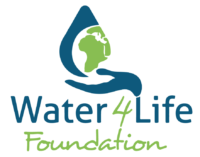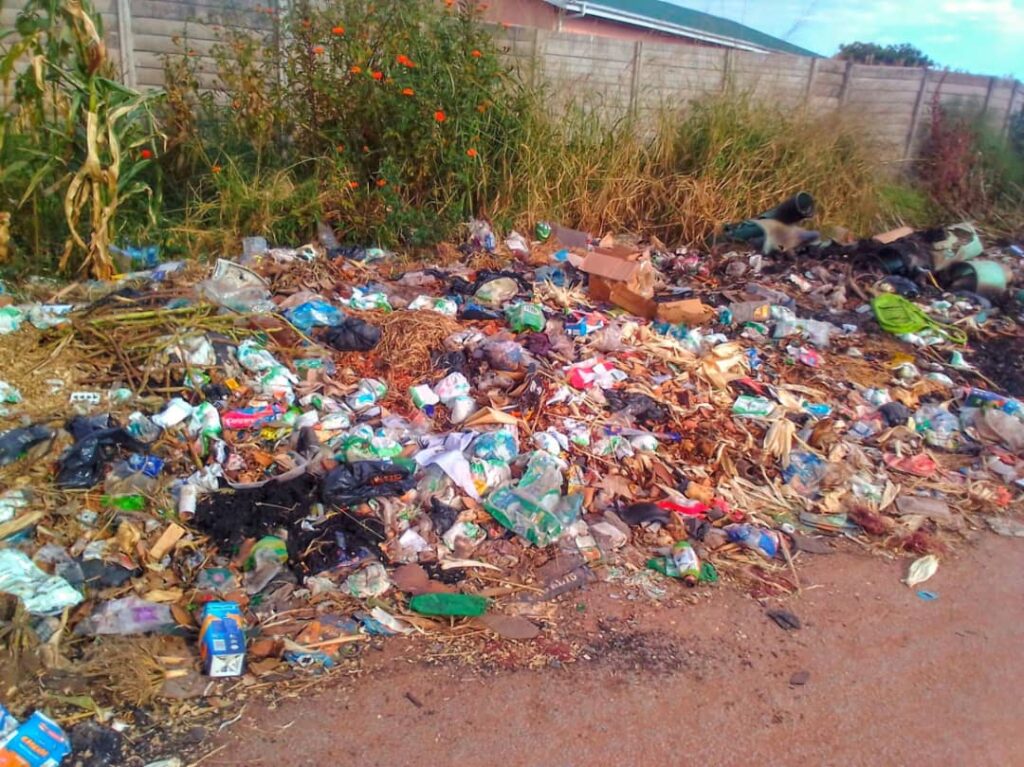The Harare City Health Department has activated emergency Cholera response systems after a number of confirmed cholera outbreak cases in the capital’s high density suburbs.
Suspected cholera cases were recorded in Budiriro, Glenview, Chitungiza to mention a few over the past days.
According Harare City Health Department Director Prosper Chonzi, there is an increase number of suspected cases and all emanating from high density suburbs where residents get water from an unprotected water source.
“We have activated our emergency respond system so people can be assisted in any case concerning cholera outbreak,
Dr Chonzi also assured Harare residents that municipal clinics will be providing services to residents who are suspecting to have contracted cholera.
However the city fathers have been criticized for failing to provide clean water and sewer systems to the residents resulting in the outbreak of water borne diseases in Harare.
The first case was recorded on the 22nd of April and this was a 15-year-old child who stays in Budiriro 1 and has got no history of travel to any of the areas affected so far by Cholera in Zimbabwe.
Harare Residents Trust (HRT) Director, Precious Shumba criticised Harare City Council for failing to provide adequate water supply for residents. He said:
Cholera occurs sporadically when water supply, sanitation, food safety, and hygiene are inadequate (City of Harare, 2009). Vending sites have no water and sanitation facilities.
There are no toilets or sources of water to service the majority of vendors in the communities.
Water is in short supply across the suburbs with residents largely dependent on community boreholes and shallow wells, especially in Mabvuku, Tafara, Glen Norah, Chitungwiza, Epworth, Budiriro, and Glen View.
Reports of sewerage bursts are not being urgently attended to when they are made to council offices dotted across the suburbs.
There is very poor responsiveness of the council in tackling this health challenge.
The symptoms of cholera can range from mild to severe and can include diarrhea, vomiting, and muscle cramps. In severe cases, rapid loss of body fluids can lead to dehydration and shock.
Cholera can be prevented by ensuring access to safe drinking water and sanitation facilities.
Other preventive measures include washing hands frequently with soap and running water, cooking food thoroughly, and avoiding raw or under cooked seafood.
The disease can be treated with oral re-hydration therapy (ORT), which involves drinking a solution of salt, sugar, and water to replace lost fluids and electrolytes.

